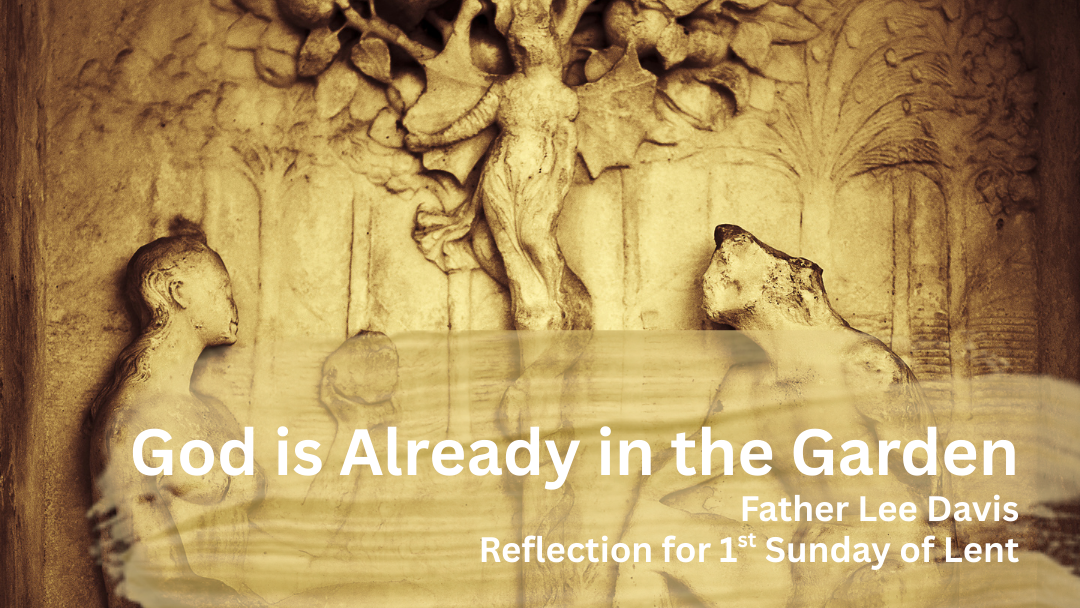Living By The Spirit
A better way of being together
The Apostle Paul’s words in Galatians 5 are rich and stirring—“Live by the Spirit, I say, and do not gratify the desires of the flesh.” It’s a passage that has long shaped Christian understanding of how we are called to live. But it’s also a passage that, for many, comes with baggage.
Let’s be honest: for generations, the language of “the flesh” has been misinterpreted—and weaponized. It has been used to shame bodies, suppress healthy sexuality, and, perhaps most grievously, exclude people from the full life of the Church. LGBTQ+ people, women, people of color, and others have often been told, explicitly or implicitly, that their identities, relationships, or desires are "of the flesh," while only certain expressions of life, love, or holiness are deemed "spiritual."
This was never Paul’s intent.
When Paul contrasts life in the flesh with life in the Spirit, he isn’t condemning embodiment or human diversity. Paul was steeped in Jewish tradition, where the body is a sacred gift and where the Spirit of God moves in and through human life. Instead, what Paul calls “the flesh” (Greek: sarx) is shorthand for a way of life rooted in self-centeredness, fear, and division. It’s life turned inward, away from God and others. It’s the kind of living that says: “me first,” that feeds resentment, that breaks relationships, that protects power at the cost of justice.
Paul names these behaviors—things like enmity, strife, jealousy, anger, quarrels, and envy—not to shame, but to describe what happens when community life is ruled by ego instead of love.
By contrast, life in the Spirit isn’t about religious superiority or moral perfection. It’s about letting the Spirit bear fruit in us—love, joy, peace, patience, kindness, generosity, faithfulness, gentleness, and self-control. These are not just personal virtues. They are signs of how we live together. They are the fruits of relationships rooted in dignity, grace, and mutual care.
In other words: Paul isn’t giving us a test to see who’s spiritual enough. He’s offering a vision of community that looks more and more like Christ.
So what does that mean for us today?
It means that if our theology is producing fear, division, or shame, we may be walking in the flesh—even if it’s dressed in religious language. And if our community is bearing the fruits of compassion, joy, and inclusion—especially toward those who’ve long been pushed aside—we are walking by the Spirit.
It also means that every person, regardless of identity or background, is invited into this Spirit-led life. The Spirit’s fruit is not reserved for a select few. It grows wherever hearts are open, wherever grace is shared, wherever love is made real.
We need to reclaim this passage—not as a weapon, but as a way of healing.
Because living by the Spirit isn’t about separating ourselves from others. It’s about coming alive together in Christ. It’s about forming a community where all can grow, where no one is disposable, where freedom is found not in selfishness, but in service. And it is through such communities that the world begins to change.
May we be known not by what we condemn, but by the fruit we bear.
May we choose Spirit over fear, love over division, and freedom over control.
And may we live as people who show what it means to walk in the Spirit—together.













